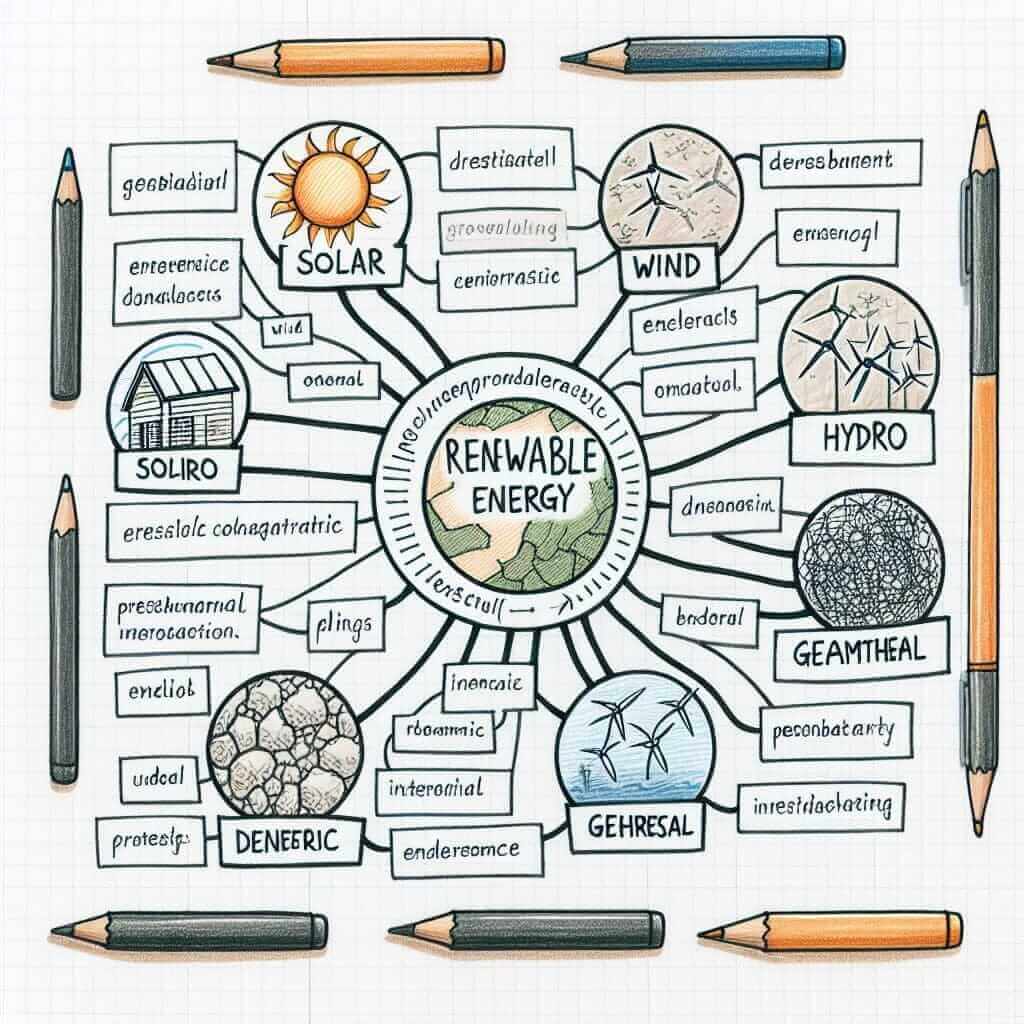The number “69” itself doesn’t hold a place in standard IELTS vocabulary lists. It’s primarily associated with a sexual act and using it within an IELTS context would be considered highly inappropriate. Bringing up such topics in your speaking or writing exams is highly discouraged and could even be misconstrued, potentially harming your score.
While it’s crucial to have a broad vocabulary for the IELTS, it’s equally important to understand the context and appropriateness of language. Let’s focus on building your vocabulary in a way that’s relevant and beneficial for your IELTS success.
Understanding Appropriate Language Use in IELTS
The IELTS exam assesses your ability to communicate effectively in English across various situations. While a vast vocabulary is an asset, using words appropriately is equally critical. Here’s why avoiding slang, jargon, or potentially offensive terms like “69” is essential:
- Clarity and Misinterpretation: Using such terms can lead to confusion and misinterpretations, hindering your ability to convey your ideas effectively.
- Formality and Tone: IELTS demands a certain level of formality and academic tone. Slang or inappropriate language contradicts this, potentially lowering your score.
- Cultural Sensitivity: What’s considered acceptable in one culture might be offensive in another. IELTS being a global exam, it’s crucial to use language that’s universally acceptable.
Focusing on Relevant Vocabulary
Instead of focusing on terms like “69”, let’s direct our attention to building a strong vocabulary relevant to common IELTS themes:
1. Education:
- Tertiary education (n): Education at university or college level.
- “After completing secondary school, she aspired to pursue tertiary education in engineering.”
- Curriculum (n): The subjects comprising a course of study.
- “The university updated its curriculum to incorporate the latest technological advancements.”
2. Technology:
- Artificial intelligence (AI) (n): The theory and development of computer systems able to perform tasks that normally require human intelligence.
- “The rapid advancements in artificial intelligence are revolutionizing various industries.”
- Cybersecurity (n): The protection of computer systems and networks from theft or damage to their hardware, software, or information.
- “In today’s digital age, cybersecurity is of paramount importance for individuals and businesses alike.”
3. Environment:
- Renewable energy (n): Energy from a source that is not depleted when used, such as wind or solar power.
- “Investing in renewable energy sources is crucial for mitigating the effects of climate change.”
- Sustainability (n): The ability to be maintained at a certain rate or level.
- “Sustainable development practices aim to meet present needs without compromising the ability of future generations to meet their own needs.”

Tips for Expanding Your IELTS Vocabulary
- Read Widely: Engage with English newspapers, magazines, books, and online articles.
- Use a Thesaurus: Look up synonyms for words you already know to expand your vocabulary.
- Learn in Context: Pay attention to how words are used in sentences and paragraphs.
- Practice Regularly: Incorporate new words into your speaking and writing practice.
Remember, building a strong and appropriate vocabulary is a gradual process. Focus on consistent effort and targeted learning to excel in your IELTS exam.